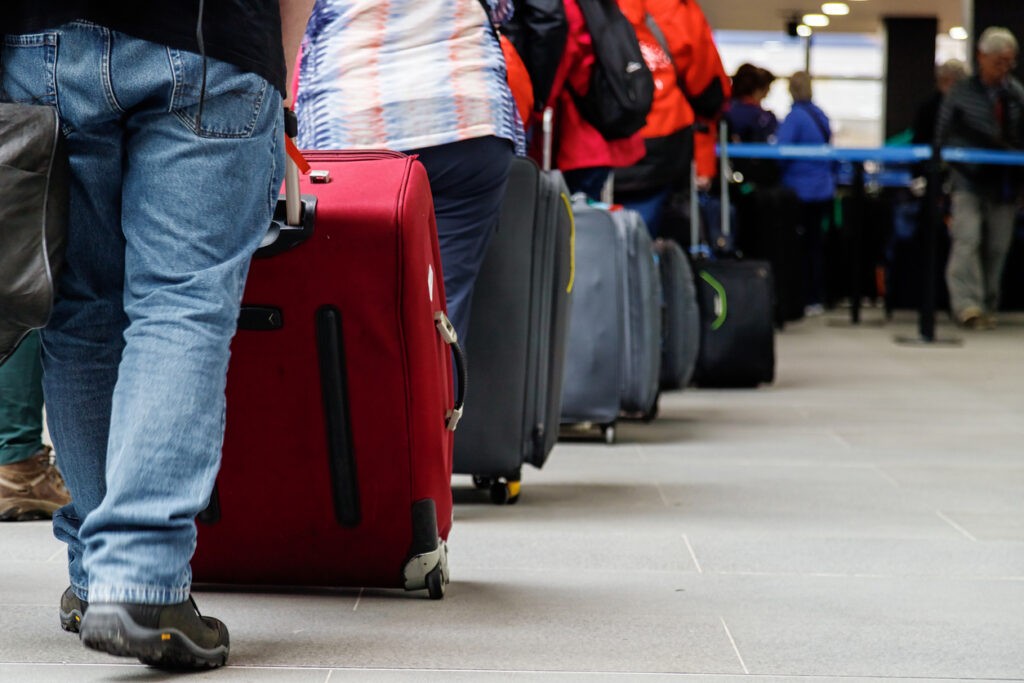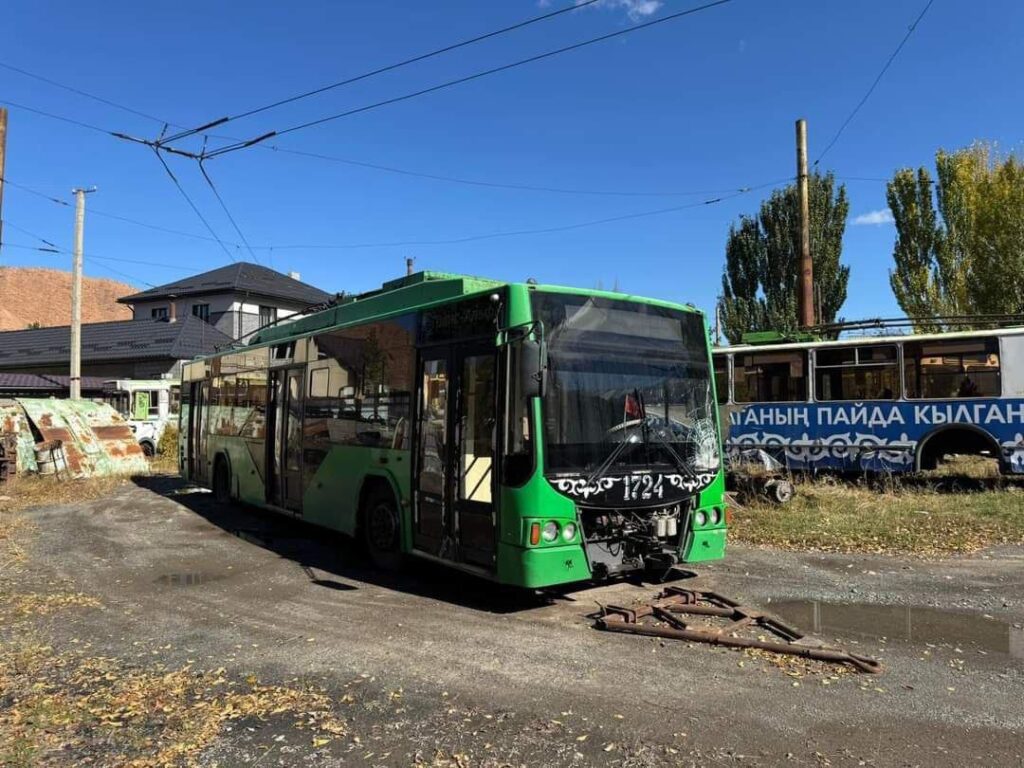Public Opinion Survey: One in Five Kazakhs Considering Emigrating
One in five Kazakhstanis is contemplating leaving the country, citing low income and a lack of confidence in the future as the primary reasons, according to a survey by the Bureau of Express Monitoring of Public Opinion DEMOSCOPE. The study, titled “Attitude of Kazakhstanis to the Problem of Brain Drain,” was conducted in partnership with the MediaNet International Journalism Center, PAPERLAB research center, and supported by the Konrad Adenauer Foundation. Migration Sentiment in Numbers The survey revealed that: 21% of respondents are considering emigration. 6.9% intend to leave within the next two to three years. 5.6% wish to move but lack the means to do so. 8.4% are open to moving under certain conditions. However, the majority - 78.5% - do not plan to emigrate in the foreseeable future. Young and middle-aged respondents were the most interested in moving abroad. Among 18-29-year-olds, a quarter said that they wanted to emigrate, while nearly 30% of those in their 30s are considering relocation. Reasons for Leaving The top motivations for emigration included: Higher wages (24.5%) Better prospects for themselves and their children (23.9%) Access to better jobs (14%) Opportunities for quality education (11.7%) Self-development (13.2%) Improved healthcare services (4.9%) Younger respondents were more focused on education and self-development, while older individuals prioritized long-term opportunities. Emigration Trends and Impacts Despite growing migration sentiments, official data for the first three quarters of 2024 show a positive migration balance. Over 20,000 people moved to Kazakhstan, while 10,200 emigrated. However, the qualitative characteristics of migration raise concerns. Many who leave are skilled professionals, including engineers, economists, teachers, and lawyers. A detailed analysis of migration patterns highlights this trend. Popular Destinations and Public Opinion The most desired emigration destinations are: United States (7.7%) Russia (6.2%) European countries (5.1%) Turkey (4.6%) Canada (2.6%) However, 35% of respondents had no specific preference for a destination. Societal attitudes toward emigration remain largely understanding, with 63.3% expressing support for those who choose to leave. Only 11.4% voiced disapproval. Looking ahead, 39% of respondents anticipate a rise in the outflow of skilled workers, while 21.7% predict an increase in immigration to Kazakhstan. Addressing the Brain Drain Experts stress that mitigating the brain drain will require a systematic approach, including: Improving living standards. Enhancing access to quality education and healthcare. Ensuring security and economic stability. The survey, conducted across 17 regions of Kazakhstan, included 1,100 participants. The margin of error does not exceed 3% with a 95% confidence level.



